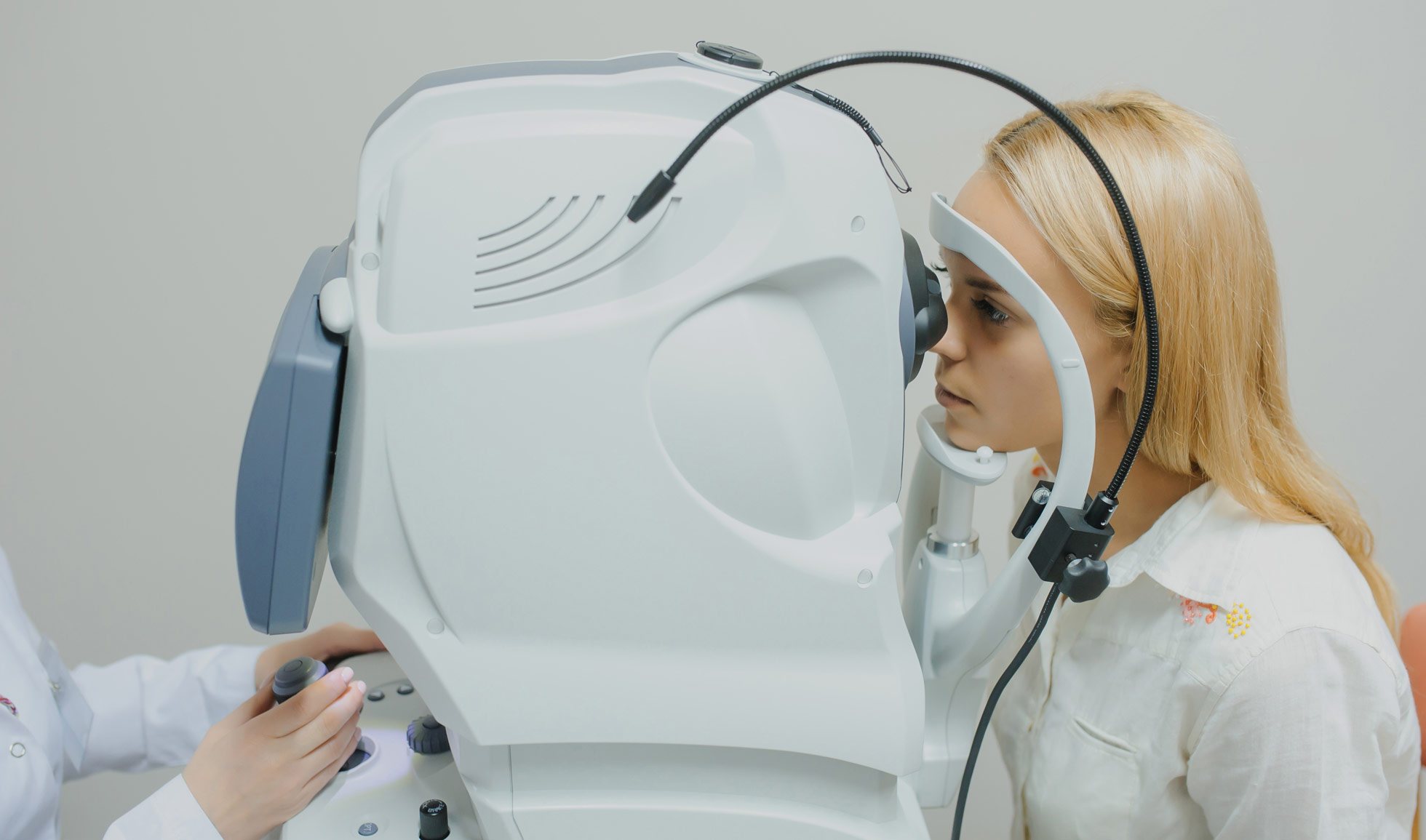– The Fluorescein dye will give your skin a yellow tinge and your urine will be bright yellow for one or two days. The ICG procedure does not affect the color of your skin or urine.
– You might experience a hot flush sensation as the dye is injected.
– One in 10 patients might feel nauseous or short of breath, or develop a transient rash, but this rarely lasts for more than a few seconds.
– In rare instances, flash photography may trigger an episode of epilepsy or tonic-clonic seizure.
– There is a very remote risk of a severe allergic reaction to these intravenous drugs. For this reason, this examination takes place with an Anesthesiology Consultant.
After the Fluorescein and / or Indocyanine green angiogram the cannula will be left in your hand for 30 minutes. Once we are certain that you have not suffered any adverse reactions, the cannula will be removed. The doctor will discuss the results with you and make recommendations for any treatment you might need.












